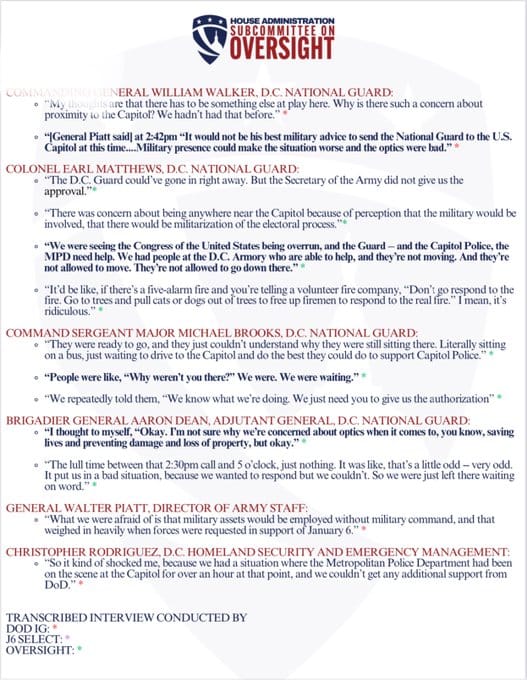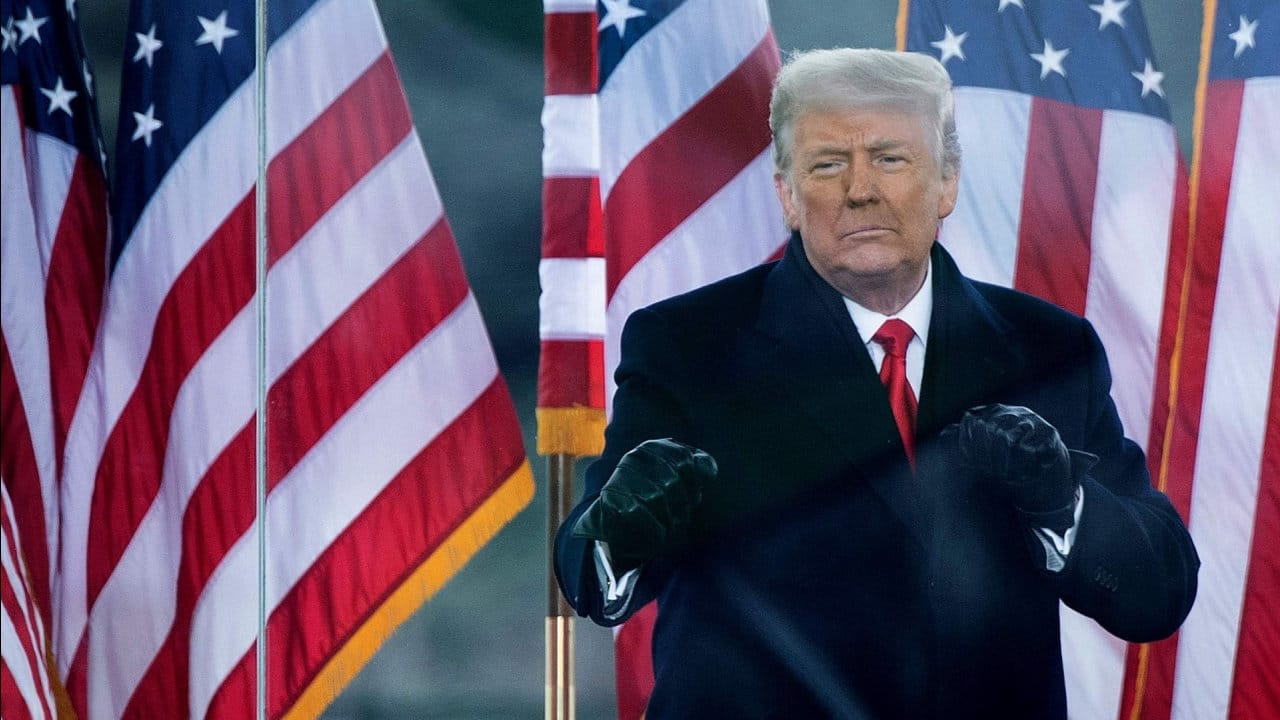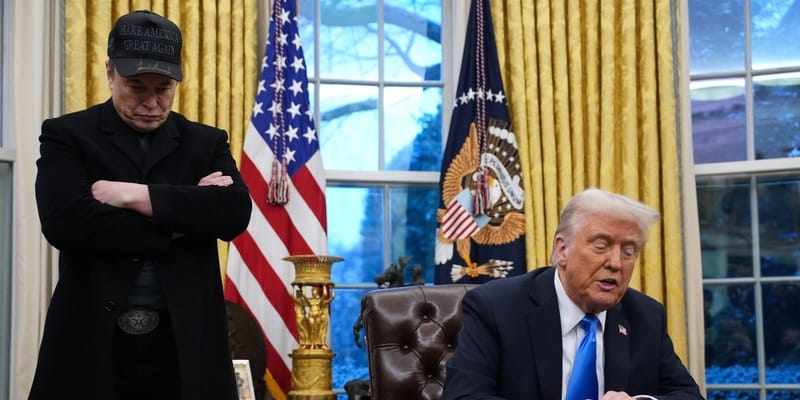New Evidence Reveals Trump Sought National Guard Deployment Before January 6 Capitol Event
In a development that could reshape the narrative around the events of January 6, 2021, newly uncovered transcripts reveal that former President Donald Trump proactively sought the deployment of the National Guard in the days leading up to the certification of the Electoral College vote, an occasion that devolved into
In a development that could reshape the narrative around the events of January 6, 2021, newly uncovered transcripts reveal that former President Donald Trump proactively sought the deployment of the National Guard in the days leading up to the certification of the Electoral College vote, an occasion that devolved into an unprecedented attack on the U.S. Capitol.


The Revelation from General Milley:
According to reports, General Mark Milley, the Chairman of the Joint Chiefs of Staff at the time, confirmed in these transcripts that Trump had expressed concerns about potential unrest and had ordered the necessary military precautions. This directive was aimed at ensuring law and order during what was anticipated to be a large protest in Washington D.C. However, despite Trump's order, the National Guard was not deployed in the manner or timing as requested, which has sparked a renewed debate over the decision-making process that day.
The Controversy Over Deployment:
The decision not to deploy the National Guard as Trump had urged has been attributed to concerns over the optics of militarizing what was supposed to be a democratic process. Sources close to the matter have indicated that the hesitation came from higher-ups within the military and civilian leadership, fearing that such a move could be perceived as an overstep in a democratic setting, potentially fueling rather than dousing tensions.
Implications for the January 6 Narrative:
This revelation adds a complex layer to the discussion around the security failures of January 6. Critics of Trump have long used the absence of National Guard troops as evidence of negligence or worse, complicity in the events that unfolded. However, with these new transcripts, supporters argue that Trump took proactive steps to prevent the very chaos that ensued, shifting part of the blame towards those who delayed or denied the deployment.
Political Reactions:
The release of this information has ignited a political firestorm. Trump's allies have seized upon this as vindication, pointing out that his foresight was ignored, potentially leading to what they describe as an avoidable security breach. On the other hand, detractors argue that even with these new insights, Trump's role in inciting the crowd through his speech that day cannot be overlooked, suggesting a more nuanced layer of responsibility.
Legal and Historical Impact:
This revelation might not only influence public perception but could also play a role in legal proceedings related to January 6, including the ongoing investigations and trials. Legal analysts suggest that while this might not absolve Trump of all criticisms regarding his actions or rhetoric around the event, it does complicate the narrative of complete inaction or malice.
The emergence of these transcripts introduces a pivotal piece of information into the historical record of January 6. While it does not change the immediate outcomes of that day, it prompts a reevaluation of the events leading up to it, focusing on the bureaucratic and military decisions that played a significant role in the day's security measures. As this story continues to unfold, it underscores the importance of thorough investigations and the continuous examination of historical events through new evidence. This development is likely to fuel further debate, analysis, and perhaps even reconciliations of the narrative surrounding one of the most contentious days in recent American history.




